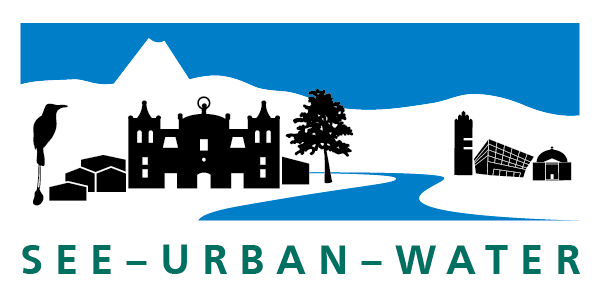The purpose of this book is to summarize and disseminate the inter- and transdisciplinary work of our research group. Between 2018 and 2023, SUW produced numerous master's and doctoral theses, methodological frameworks, research & technical guidelines, and scientific publications. More than just a compendium of these outputs, this book provides a comprehensive view with a clear narrative illustrating the systematic inter- and transdisciplinary evolution of ideas over the course of the research project — from the study areas’ characterization to the co-production of knowledge with local stakeholders, the implementation of NbS prototypes, and the development of upscaling strategies. Since this book summarizes a large amount of research work, references to our full Open Access publications and other freely available products are included throughout the book.
The book starts with an introduction to our research group and approach, the project’s objectives and expected results, as well as the geographical contexts and spatial scales considered. The core of the book present the project’s primary results in three main domains:
-
Co-design and implementation of NbS using a Real-World Lab approach
-
Modeling and multifunctional scenario analyses
-
Governance for NbS development
The primary target readership is the scientific community and research-driven practitioners working on sustainable water resource management and urban planning. The outcomes of our research have practical implications for improving urban drainage, wastewater treatment, water protection, river basin management, and disaster control. We believe that this book will also appeal to decision- and policymakers, as well as to the general educated public interested in fostering the development of resilient cities.
We hope that this book will inspire and encourage many other research groups in these and other fields of knowledge to bridge the gap between theory and practice as the best way to translate the sustainable development paradigm into concrete actions that deliver for our society and the environment.
Download the book for free using this link







